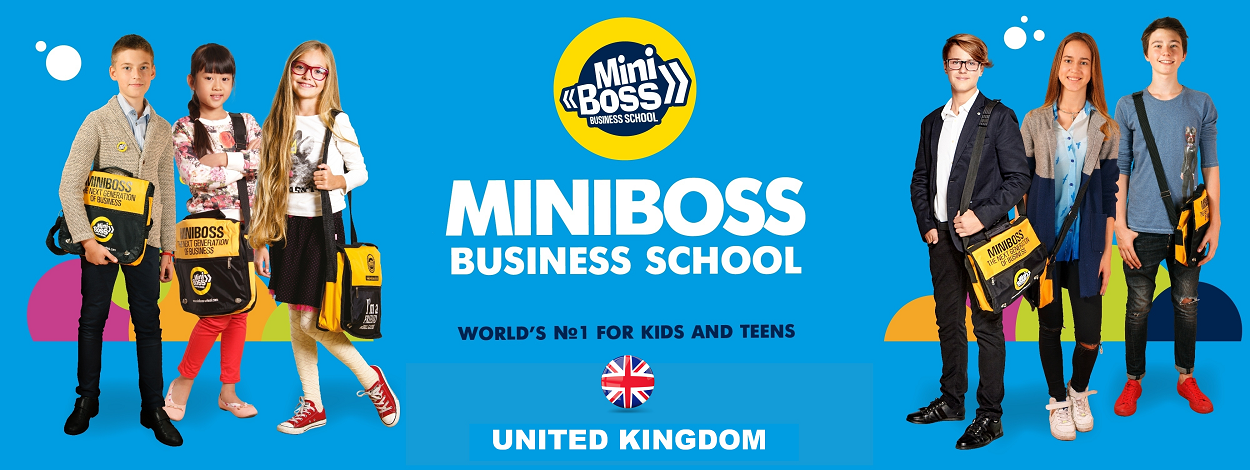
When it comes to starting a new business, all entrepreneurs want to be ahead of the game and up to date on the latest trends. Still, it can be hard to predict what is changing in the complex and intricate world of branding.
Illustrating, for engagement
Brands are constantly searching for new ways to engage audiences, and many of them are discovering that art and illustration is a good way to go about this.
Jennifer Hom, an illustrator working for Airbnb, noted that brands are realizing the power of illustration. “Companies are starting to understand its value -- that the images can inform and delight their audience,” Hom wrote in a recent case study.
More and more businesses are incorporating art and artists into their branding arcs. With Google incorporating art and illustration into its own onboarding processes and Facebook adding illustrations to its branding, companies are using art to connect to audiences, to become more personable, and easier to connect with.
Whether it is the use of animation in marketing videos, partnerships with artists for new product lines or illustrations for websites, art has emerged as a popular way to engage audiences. In 2019, in fact, it's a branding trend precisely because of its ability to humanize and differentiate brands while deepening consumers' brand connections and maybe their brand loyalty, too.
Incorporating minimalism to the max
Connected to the art trend is the minimalist trend; in fact, we've seen a sharp uptick in minimalist branding, and it seems likely to stay a while. With Marie Kondo’s hit books (and her Netflix show, Tidying Up), brands are going to start asking themselves, “Does it spark joy?” just the way Kondo counsels her clients to do before they throw something out, as they rid their homes of clutter.
Minimalism makes sense because it's visually appealing. It may especially be helpful in the case of B2B companies simplifying processes through tools like Intercom and Salesforce.
Back-to-basics minimalism is also resonating with customer-facing businesses like Brandless, which focuses on being straightforward and essential.Minimalism is essentially a bare-bones, pared-down approach that applies clean colors, simple graphics and easy-to-understand processes and interfaces.
Reflecting millennials' influence
Millennials are gaining buying power, and more decision-making power because, well, they’re now adults with jobs and incomes. Because of this, we are continually seeing branding trends shift to up their appeal to millennial tastes.
While proclamations are subsiding about "the latest industry the millennials have killed," it is true that this age cohort holds sway over the future of many industries.
Another thing to remember about millennials is that they are known to be more politically driven than baby boomers, and that they shop with brands that appeal to their moral standards. As such, brands are catching on to this trend and marketing themselves towards young people's changing perceptions.
In this light, we recently saw Gillette reap mixed responses from its user base for its ad critiquing toxic masculinity. While some customers balked at the ad and called it accusatory, others praised the shaving company for its bold, progressive stance.
Regardless of the various opinions the ad prompted, it did make Gillette relevant again, something the company direly needed, what with smaller competitors like Dollar Shave Club and Harry’s positioning themselves to become industry pillars.
The Gillette ad was a good example of a brand trying to appeal to younger age groups. Gillette has faced millennial criticism for its pricing disparity between male- and female-use razors. So, the ad campaign apparently aimed to overwrite the bad rap Gillette had gotten.
On the other hand, Abercrombie & Fitch took a hit from millennials for not being inclusive enough back in 2013. Alleged discriminatory hiring and branding made the company fall out of ideological favor that year.
Planet Fitness, meanwhile, is a gym that appeals to millennial values by fronting affordability and its policy of being a judgment-free zone. As such, the franchise chain has seen rapid growth and success.
Many brands are similarly trying to make the shift from baby boomer-focused brands to millennial-forward ones. As the latter group continues to gain more and more buying power, its members are controlling more branding trends, leading to an increasingly political slant in brand campaigns (witness the "girl power" themes of this year's Super Bowl ads).
All of this, of course, is also a run-up to Generation Z’s introduction as a moving force of consumer sway. In 2019, look to see more talk about Generation Z. Its young members are graduating and entering the workforce, meaning that their buying power is now going to hold more sway.
Gen Z, in fact, is turning up the dial on millennial buying habits. Gen-Zers have an even shorter attention span and greater unrest when it comes to social issues.
Using social issues to connect to younger age cohorts has become a popular branding strategy; after all, brands should always try to resonate with their audiences.
Getting more personal, not corporate
"Personal" is hot: Having named over 20,000 companies, we have noticed a lot of first name businesses like Oscar and Edgar. This is a micro-trend meant to attract millennials and gen-Z-ers, who tend to distrust corporations. They like to engage with people they know and trust.
We see many brands using real people in their branding, but what if the company could be the person? That comes across as young, edgy and cool.
Still, you shouldn't just jump on this just because it’s cool. A name can align your business with audience values the way Greenpeace does, or set you apart from the competition as a fresh, innovative company the way Apple did. So, choose your name carefully -- it can set up a solid brand foundation and concretely boost your business.
А source






